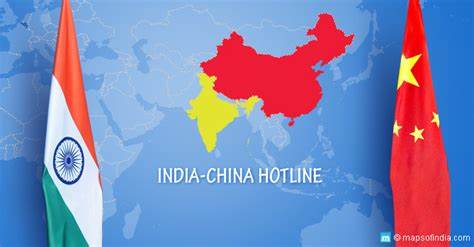Extroverts V/S Introverts V/S Ambivert
There are a lot of myths surrounding the
concept of introverts versus extroverts — one of the main is You’re either an extrovert or an introvert. End of story.
But
reality is a bit more complicated. To understand this concept better we can imagine
a spectrum with both ends Being Extroversion and introversion. The way you get
and put out energy helps determine where you fall on this spectrum. But you can
fall anywhere on this spectrum, not necessarily at one end or the other.
The other huge myth? Introverts are shy and extroverts are
outgoing.
Megan
MacCutcheon, LPC, further explains that “people sometimes assume introverts
always have social anxiety or dislike being around others while
extroverts are always loud and aggressive.
Here in in depth analysis
of this spectrum.
Who are extroverted.
People who tend to fall
near the extrovert end of things draw their energy from the outside world: the
people, places, and things around them.
Extroverted people tend
to feel most comfortable when working with other people. They might
organize the group, keep it running smoothly, or even jump in as the leader.
No matter how they
participate, they most likely feel energized while working in a group.
They are also confident
and outgoing, and not afraid to do something new which might be little risky. They
find it easy to change plans or adapt to a new situation.
Extroverts tend to take
action rather than ponder. they may not spend a lot of time considering all
potential outcomes, and people might even describe them as thoughtless.
Extroverted people
usually have little to no trouble expressing thoughts, feelings, and opinions. While
some people might think of them as dull, the ability to clearly communicate how
you feel without hesitating or worrying what others might think can often be a
positive trait.
Extroverted people find
it difficult to spend time alone they recharge best in the company of other
people “If spending time with other people energizes you after a long, stressful day,
you’re likely more extroverted,” MacCutcheon explains. Feeling tired, cranky,
or out-of-sorts after too much time on your own also suggests you’re an
extrovert.
Extroverted people are
generally known to be very sociable.
If you fall on this end
of the spectrum, you might:
- have a large circle of friends
- enjoy meeting new people
- find it easy to have heart to heart conversations with strangers or people you don’t know very well
What it means to be an introvert
Folks on the introverted
end of the spectrum sometimes get a bad rap.
It’s often said that
they’re:
- shy or socially awkward
- lack strong interpersonal skills
- don’t make good leaders
But these characteristics
don’t really have anything to do with introversion, which simply means your
energy comes from within — instead of from people and things around you. When
faced with a new opportunity, or any big decision, you probably spend a good
amount of time thinking it over before you make any plans to proceed.
Introverted people are less likely to strike up conversations
with people they don’t know well, or even with people they do know well.
This can relate to a preference for internal dialogue and reflection. But a
dislike of conflict can also play a part.
Research suggests introverts often have
a higher sensitivity to negative feedback. And worried that someone might
criticize you or view you in a bad light, you won’t have much interest to put
yourself in any situation that leads to that outcome. If you do join a debate
or discussion, you might be more likely to share your ideas in written which
gives you the chance to think over what you want to say first, which is
probably what feels most comfortable to you.
Introverts are natural listeners,
they prefer to understand there surrounding and the people they are taking with
before saying anything. When at work or
with friends they settle very comfortably in background. This nature of
introverts might be sometimes confused for being shy or
socially anxious. Introverts tend to talk less, absorb more
information from surrounding, and weigh ideas carefully, and when asked for opinion,
they often have quality ideas to contribute.
According to MacCutcheon.
Needing
to recharge your batteries after a long day by enjoying some quiet downtime
alone tends to suggest an introverted nature
This may not mean they always avoid people, but probably they don’t have
a large social group. Even though they feel no need to have lots of friends,
but they mostly have some people in there lives who they value highly.
What it means if you fall in between the two?
Maybe a combination of traits from the two lists best fit your personality. For example, you might take a little time to think over a decision that involves some risk, but then you take action decisively without looking back.
Well, there’s a word for that. "Ambiversion" describes a personality style that lies somewhere in between introversion and extroversion. If you’re an ambivert, you’re closer to the middle of the spectrum, so you might feel more introverted at times and extroverted at others.







Comments
Post a Comment